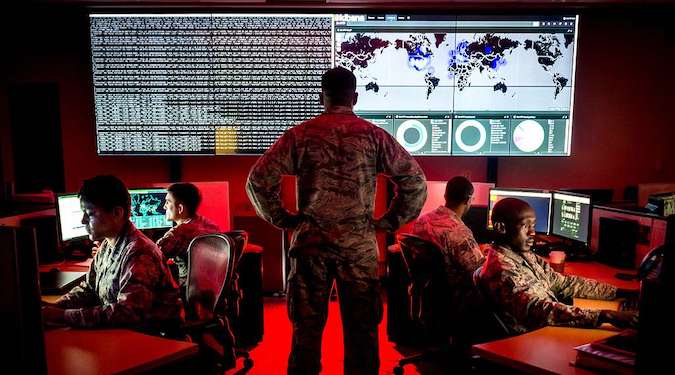Maj. Jeremy Watford examines the historic divide between military operations and intelligence collection—particularly when it comes to statutory authority and oversight responsibilities—and discusses how modern cyber operations complicates this separation. Watford proposes a new framework to resolve the current tensions in military and intelligence operations largely caused by “bureaucratic territoriality” and to account for the… Continue reading A New Framework for Cyber Operations: Reevaluating Traditional Military Activities and Intelligence Collection in the Digital Age
Category: Surveillance
FISA Section 702’s Challenging Passage to Reauthorization in 2023
George Croner details the history, structure, legal requirements, and intelligence value of the Section 702 surveillance program and explains why the reauthorization of Section 702 is both perpetually challenging—and particularly challenging in 2023. Croner identifies the most likely criticisms of Section 702 and examines the sources and merits of these critiques including in light of… Continue reading FISA Section 702’s Challenging Passage to Reauthorization in 2023
Layered Opacity: Criminal Legal Technology Exacerbates Disparate Impact Cycles and Prevents Trust
Predictive policing tools used widely by law enforcement agencies attempt to identify where crime will happen before it does. These analyses determine police deployment, and ultimately, arrest data. In this article, Ben Winters highlights how risk assessment tools use that data, combined with various other inputs, to determine detention, bail, sentencing, parole, and more which… Continue reading Layered Opacity: Criminal Legal Technology Exacerbates Disparate Impact Cycles and Prevents Trust



